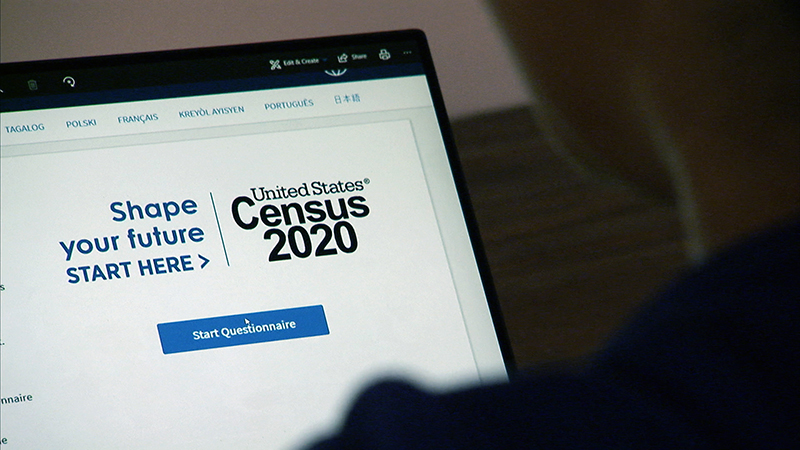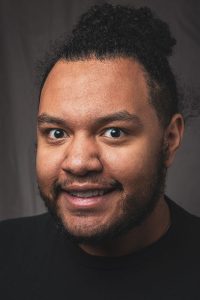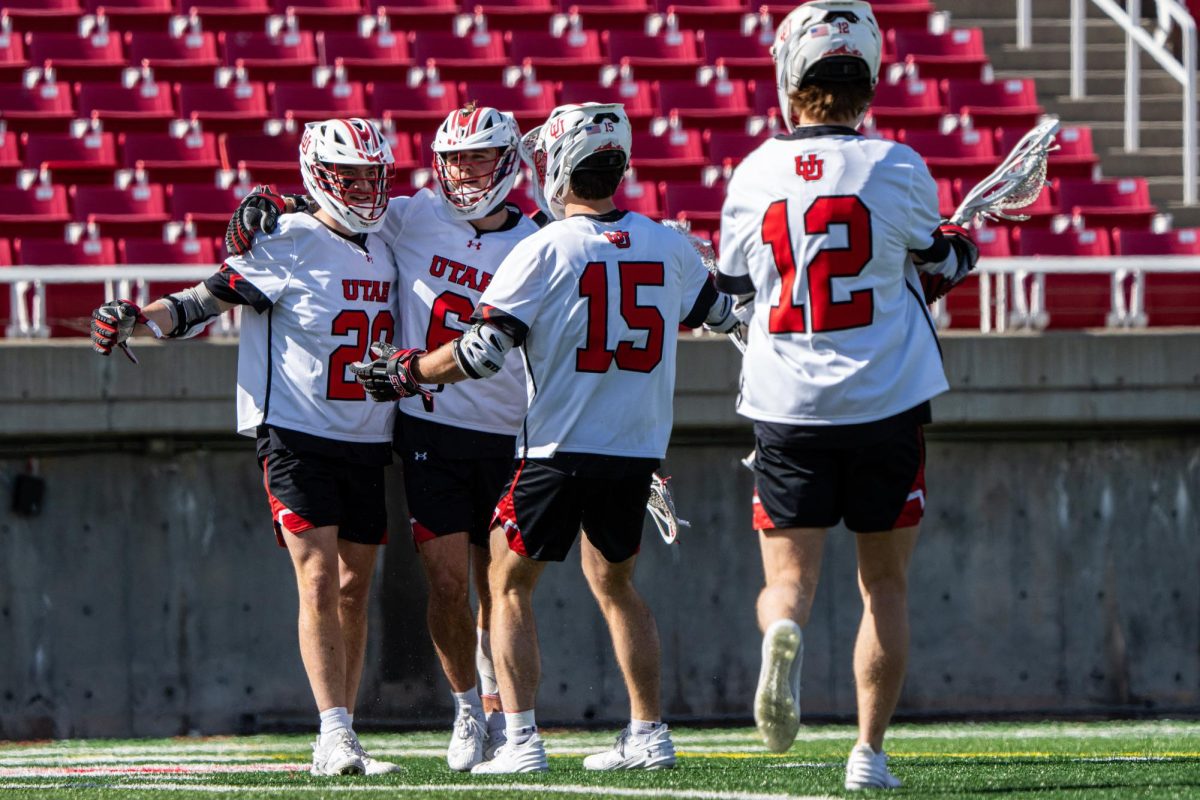ASUU and the Hinckley Institute Join Forces to Increase Student Participation in the U.S. Census
ASUU and the Hinckley Institute are collaborating to encourage all students to fill out the census. (Courtesy of the Hinckley Institute)
March 10, 2020
The Associated Students of the University of Utah and the Hinckley Institute partnered up to collect data for the U.S. Census Bureau.
According to Morgan Lyon Cotti, the associate director of Hinckley Institute, these groups are leading the complete count committee on campus for the census. The census counts the population in all 50 states and the District of Columbia and the other U.S. territories.
The census provides the government with demographic information and serves as the basis for determining representation.
“Redistricting for legislative seats, school board seats and congressional seats is all based off of the census,” Cotti said. “So we want every person, every community, every block counted so that they can be represented in the state.”
According to the NAACP Legal Defense and Educational Fund, “redistricting is based on the population data collected by the decennial census. During redistricting, the political lines are redrawn so that each district is equal in population size based on the decennial census data.”
The census has a big impact on the student body — it helps determine pell grants, financial aid and how much financial investment goes back into the university.
“It’s an important part of your civic duty to fill out the census, and it also ensures that you are counted,” Cotti said, “The redistricting, the federal dollars, all those programs that benefit our citizens can benefit you as well.”
In an effort to count every person, the Hinckley Institute is focusing out on how to reach communities that are often underrepresented in the data. They are working with groups all over campus, including TRIO, the Dream Center, on-campus housing and the city’s complete count committee.
ASUU is helping Hinckley to find and reach these groups.
“ASUU is more concerned with spreading awareness to the student body about completing the census, as college students are one of the most under-counted populations,” said ASUU president AnnaMarie Barnes in an email.
The goal to inform students about the census comes from a national effort to accurately represent populations around the United States.
A common misconception is that students who are undocumented cannot fill out the census.
However, ASUU is trying to “push out marketing and information that assures students who may be undocumented that the data gathered from the census will not be used by any law enforcement agency and does not include a question about citizenship,” Barnes and Sierra McNeil, the government relations board director for ASUU, said.
According to Barnes and McNeil, the U.S. Census will send a letter or postcard with information on how to complete the census online. They want student responses completed by May 12, 2020.
If students don’t respond online, census employees will knock doors in the community to remind people to fill out the census. Students have until July 31, 2020 to complete the online census survey.
Barnes and McNeil said that students should “look for those postcards and fill out the census.”
ASUU will be tabling in the Marriott Library on Census Day — April 1. They will be there to talk to students about why it’s crucial to take part in the census.













